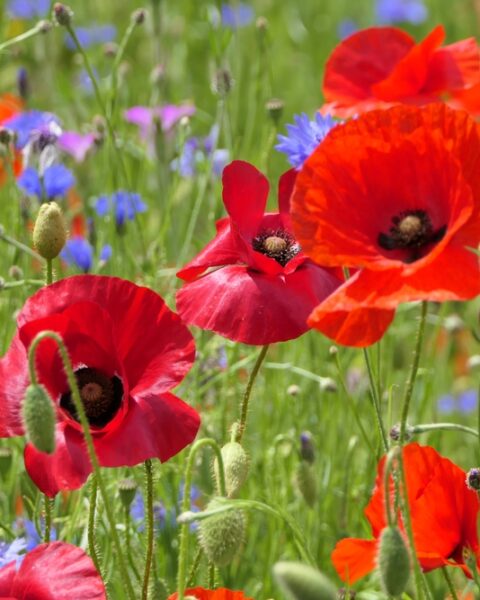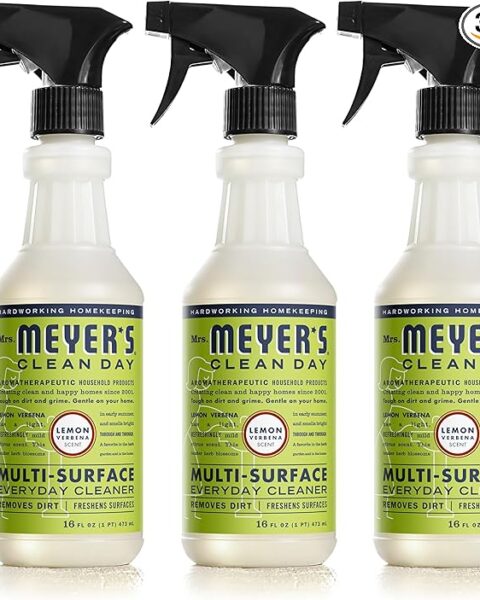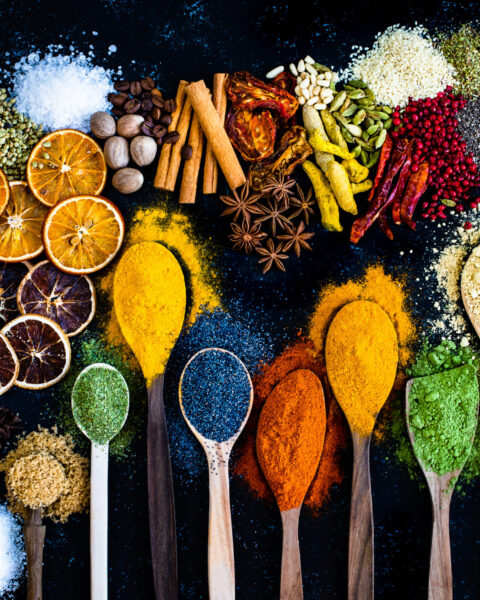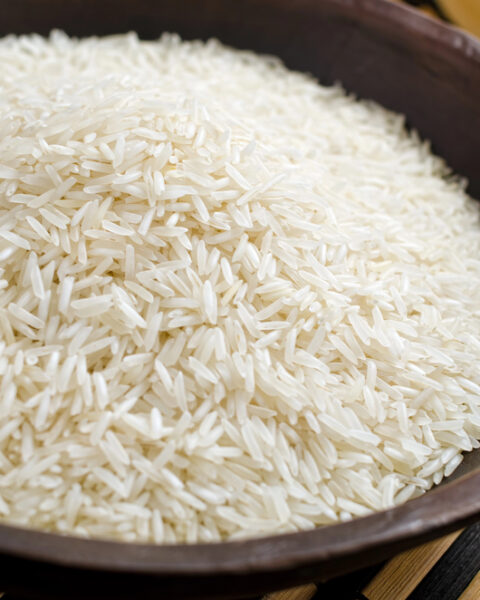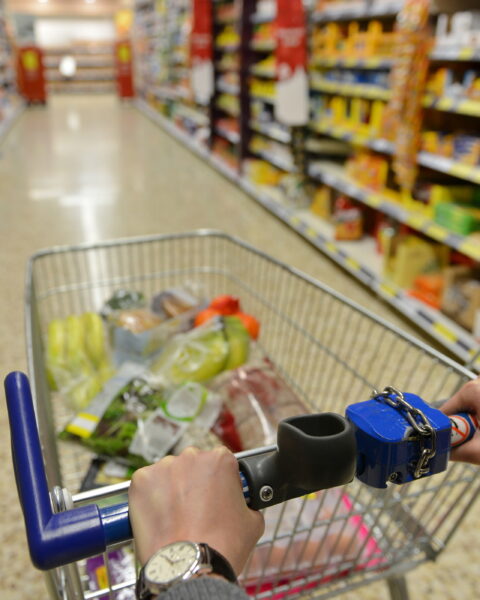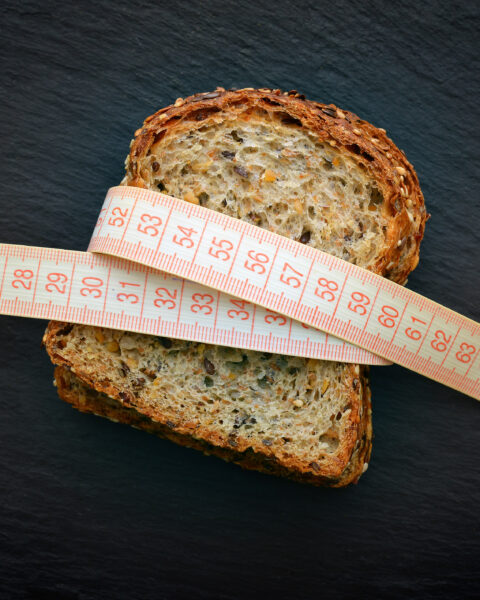Ever brewed a cup of coffee and found it tasted more like burnt wood than the rich, aromatic beverage you were craving? You’re not alone. Many of us have been there, wondering what went wrong. Coffee is an art and a science, and sometimes the smallest missteps can turn that perfect cup into a bitter experience. Whether it’s the beans, the water, or the brewing method, there are a lot of little details that can make a big difference in the taste. Let’s dive into some common mistakes that could be making your coffee taste bitter, so you can avoid them and enjoy every sip.
Contents
- 1 Over-Roasting Coffee Beans
- 2 Using Stale Coffee Beans
- 3 Grinding Coffee Beans Too Fine
- 4 Brewing with Water That’s Too Hot
- 5 Using Hard Water
- 6 Incorrect Coffee-to-Water Ratio
- 7 Not Cleaning Your Coffee Equipment
- 8 Brewing for Too Long
- 9 Using Pre-Ground Coffee
- 10 Using Old Coffee Beans
- 11 Incorrect Brewing Method
- 12 Using Cheap Coffee Beans
- 13 Improper Storage of Coffee Beans
- 14 Inconsistent Grinding
- 15 Brewing with Overly Soft Water
- 16 More From RetailShout
- 17 13 Aldi Meat Products, Ranked
- 18 13 Must-Have Hearth and Hand Holiday Decor from Target
Over-Roasting Coffee Beans
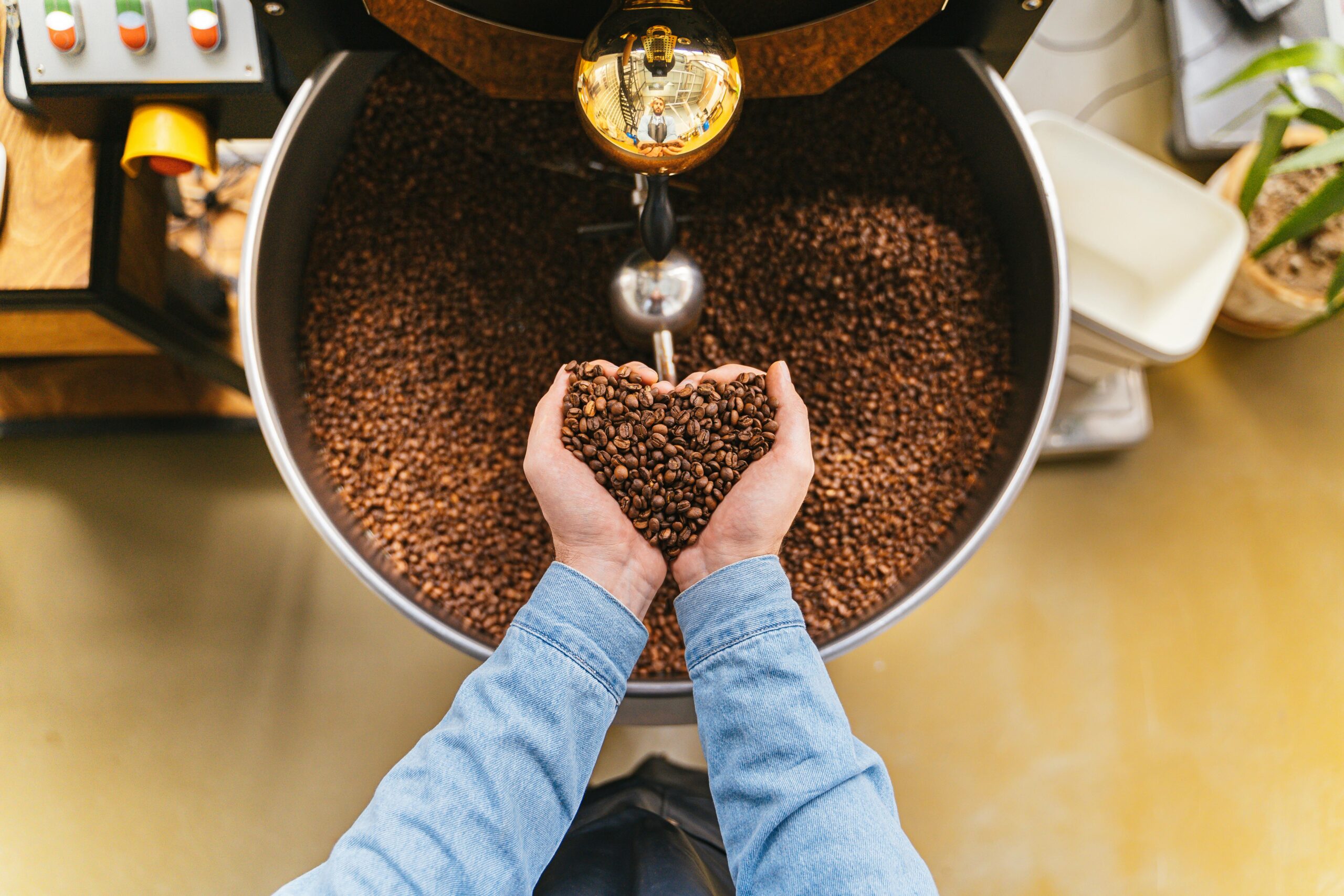
Over-roasting coffee beans can lead to a burnt and bitter taste. When beans are roasted too long, they lose their natural sweetness and develop harsh, smoky flavors. These over-roasted beans are typically dark and oily, which results in a brew that’s overpoweringly bitter. A balanced roast is crucial for maintaining the bean’s inherent flavors. Ensuring that the roast level matches your brewing method can prevent unwanted bitterness. Opting for a medium roast may help preserve the coffee’s natural notes.
Using Stale Coffee Beans
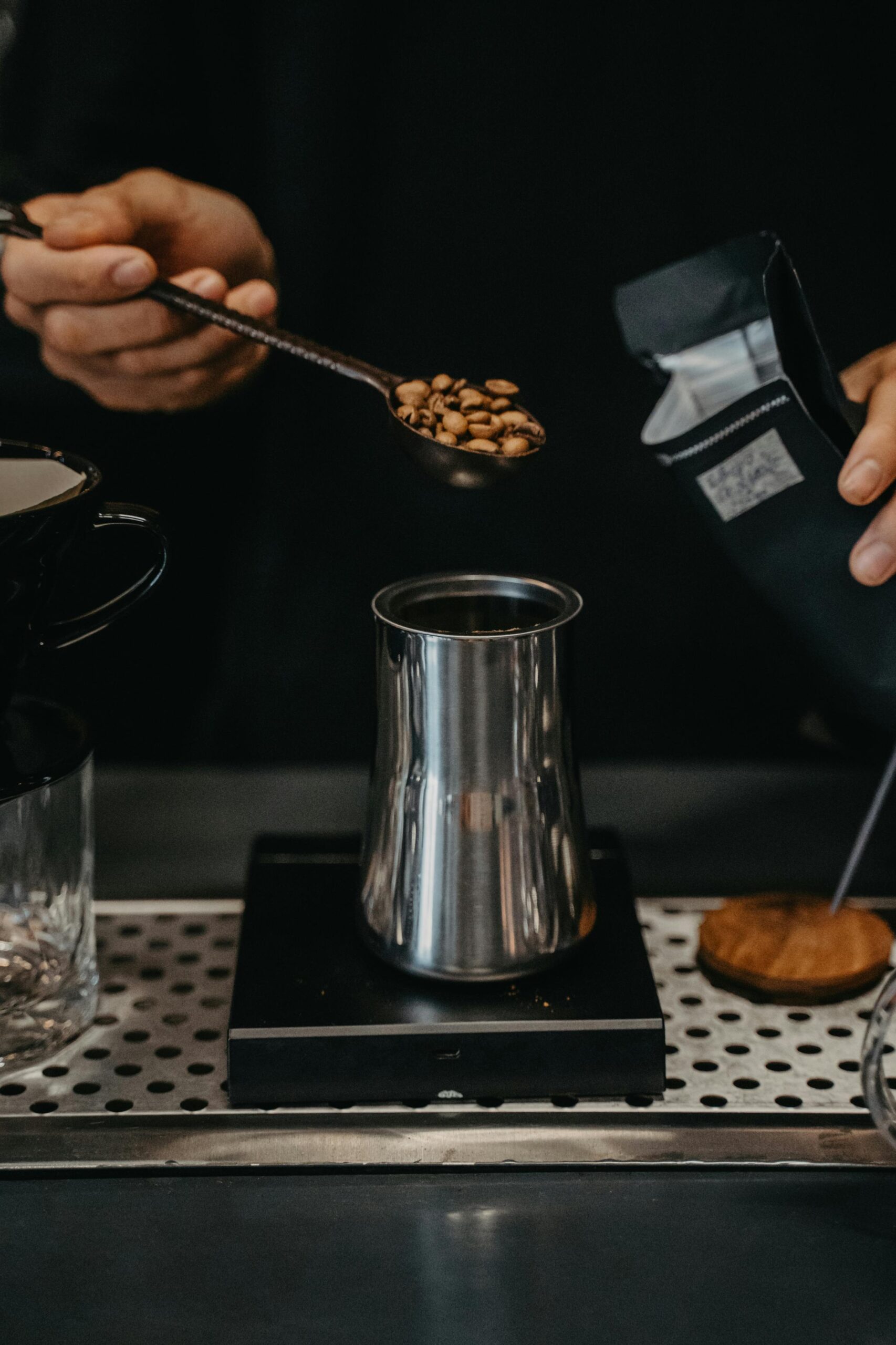
Stale coffee beans lack the freshness needed to produce a flavorful cup of coffee. As coffee ages, it loses its aroma and the essential oils that contribute to its taste, leading to a flat and bitter brew. It’s important to use beans within two to three weeks of roasting to ensure optimal flavor. Storing coffee in an airtight container away from light and heat can help preserve its freshness. Grinding beans just before brewing also contributes to a more vibrant and less bitter taste. Always check the roast date when purchasing coffee to avoid using stale beans.
Grinding Coffee Beans Too Fine
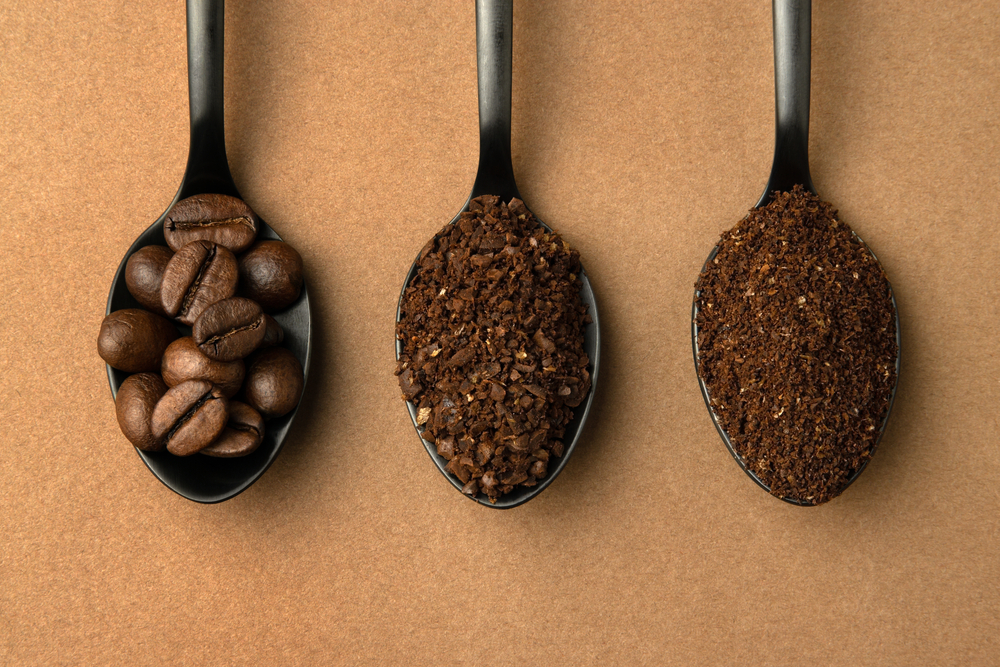
Grinding coffee beans too finely can result in over-extraction during brewing, which makes the coffee taste bitter. Over-extraction occurs when water passes through the coffee grounds too slowly, pulling out more bitter compounds than desired. Each brewing method requires a specific grind size, and using an inappropriate grind can ruin the coffee’s flavor profile. For instance, espresso requires a fine grind, while a French press needs a coarser grind. Adjusting the grind size to match your brewing method can significantly improve the taste. Regularly calibrating your grinder is key to achieving the correct consistency.
Brewing with Water That’s Too Hot
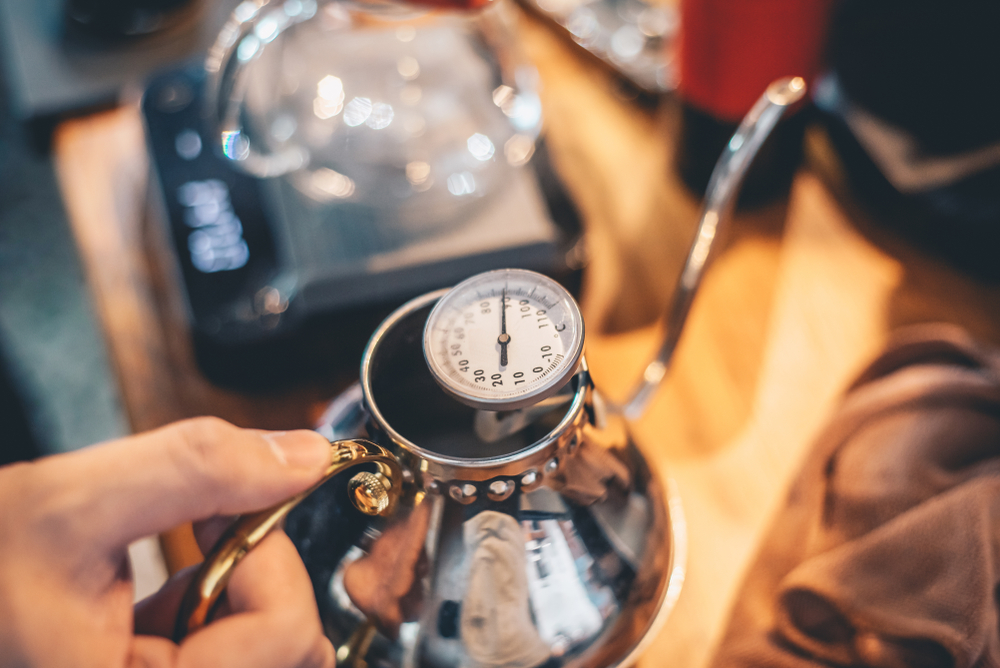
Water temperature plays a critical role in coffee brewing, and using water that’s too hot can extract bitter flavors. Ideally, water should be between 195°F and 205°F (90°C to 96°C). Water that exceeds this range tends to over-extract the coffee grounds, leading to a harsh and unpleasant taste. To control the water temperature, allow boiling water to cool slightly before brewing. Some coffee makers offer temperature control features, which can help maintain the right brewing temperature. Understanding the importance of water temperature can prevent the coffee from tasting overly bitter.
Using Hard Water
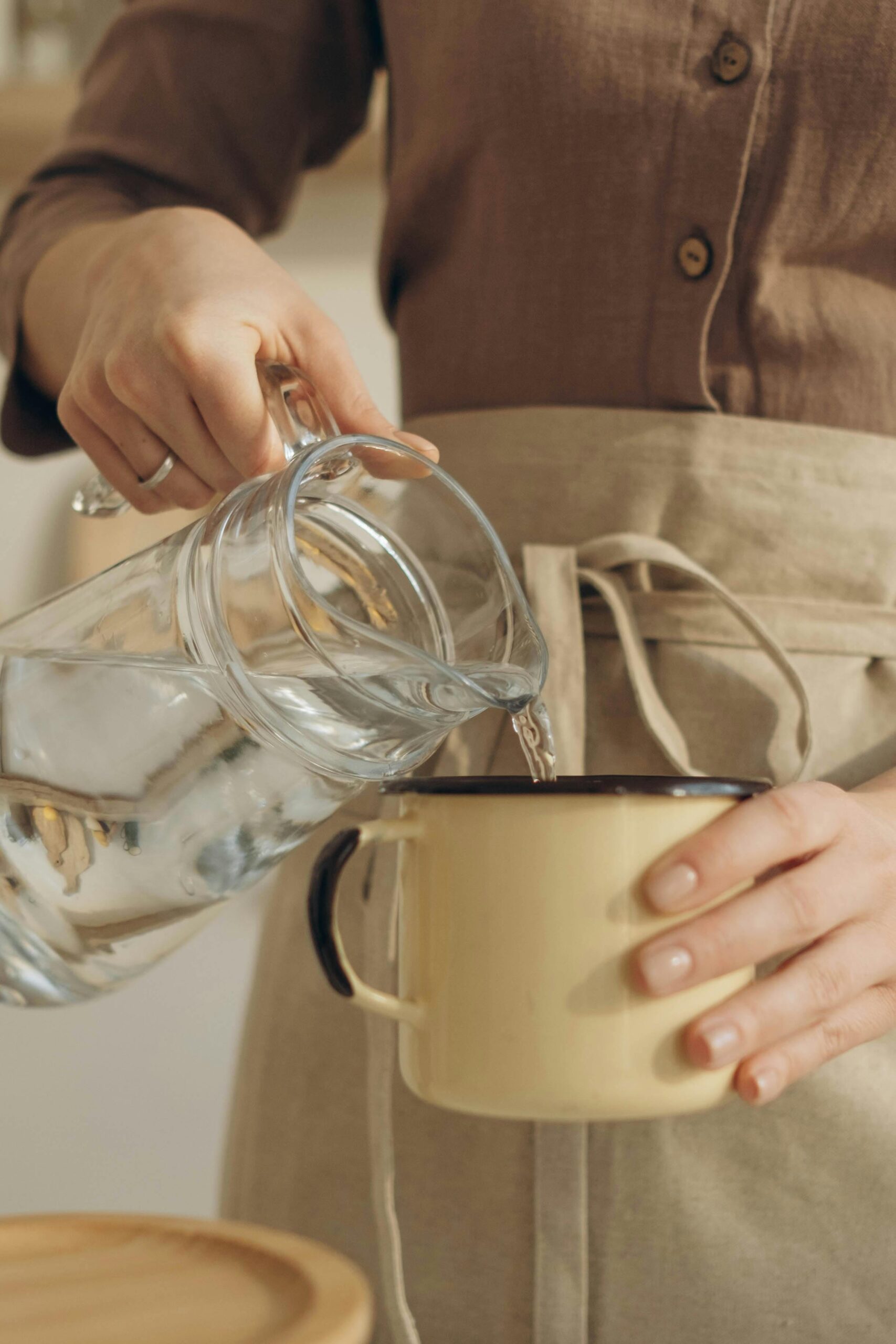
Hard water contains high levels of minerals, such as calcium and magnesium, which can interact negatively with coffee. These minerals not only affect the taste but also contribute to over-extraction, making the coffee bitter. Moreover, hard water can leave deposits in your coffee maker, impacting its performance and the coffee’s flavor over time. Using filtered or bottled water can help in achieving a smoother and less bitter cup of coffee. Regularly descaling your coffee machine is also recommended to prevent mineral buildup. Paying attention to water quality is as important as selecting the right beans.
Incorrect Coffee-to-Water Ratio
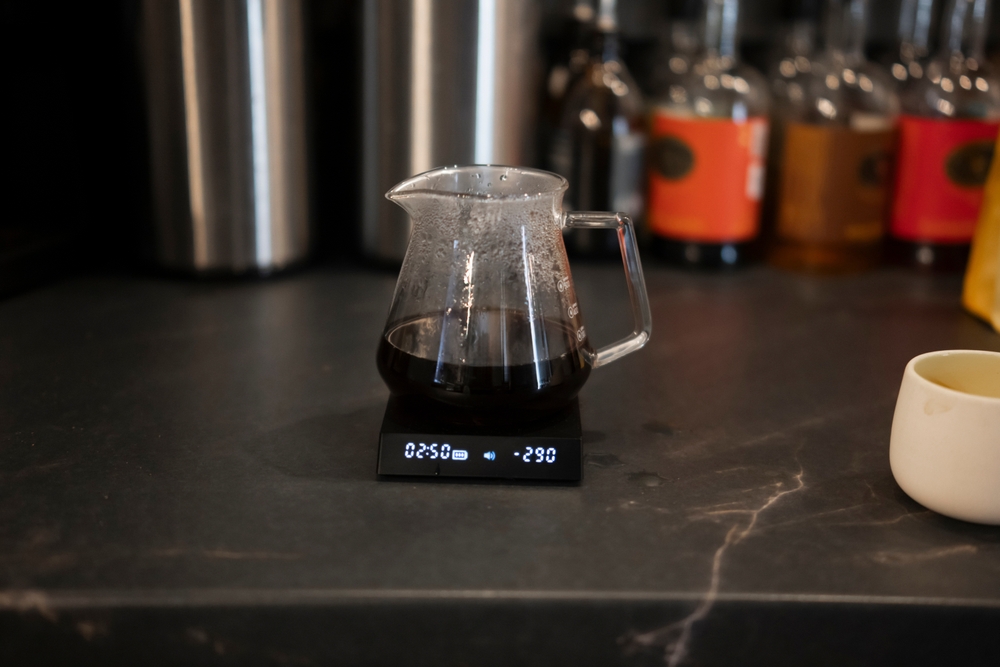
The coffee-to-water ratio is crucial in determining the flavor balance of your brew. Using too much coffee relative to the amount of water can result in an overpoweringly strong and bitter cup. Conversely, too little coffee can lead to under-extraction, where the coffee is weak but still bitter. A general guideline is to use one to two tablespoons of coffee per six ounces of water, depending on your taste preference. Experimenting with different ratios can help you find the perfect balance. Precise measurement tools like scales ensure consistency in your brewing process.
Not Cleaning Your Coffee Equipment
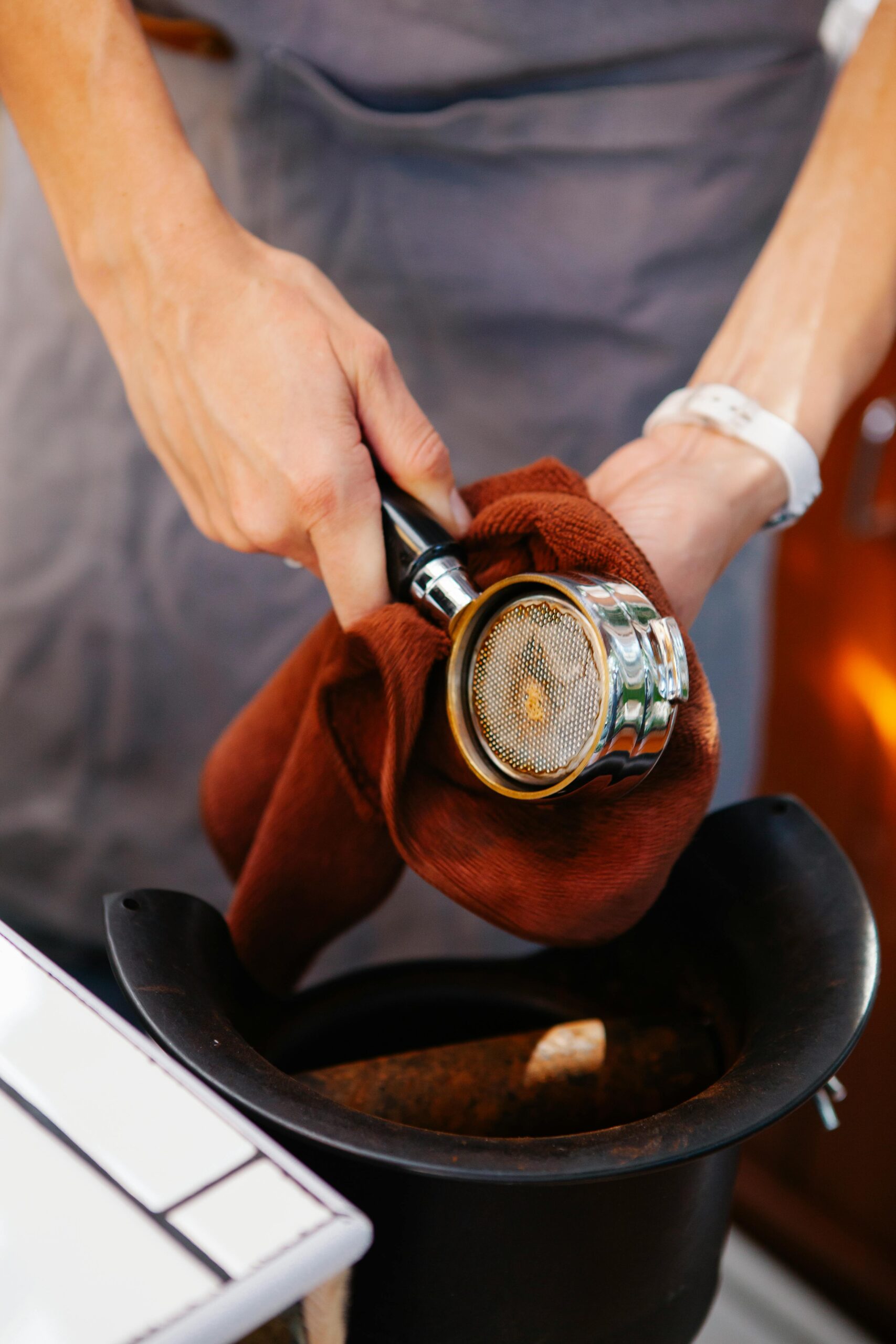
Dirty coffee equipment can lead to a build-up of oils and residues, which significantly affect the taste of your brew. These residues can become rancid over time, introducing a bitter flavor to fresh coffee. Regular cleaning of all components, including grinders, brewers, and coffee pots, is necessary to maintain a clean taste. Use a neutral dish soap and warm water to clean the equipment, ensuring that all old coffee grounds and oils are thoroughly removed. Some coffee makers also require descaling to remove mineral deposits. Keeping your equipment clean is essential for a consistently good cup of coffee.
Brewing for Too Long
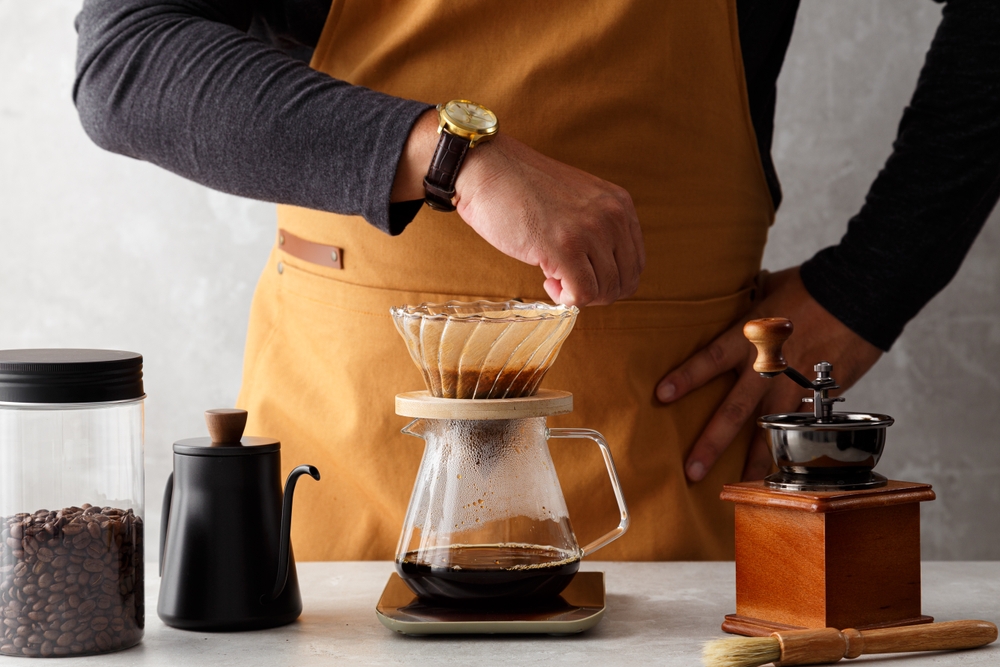
Over-brewing coffee, especially in methods like French press or drip, can extract too many bitter compounds from the coffee grounds. Each brewing method has an optimal time, and exceeding this time can result in a bitter taste. For instance, a French press should steep for about four minutes, while drip coffee generally takes five minutes. Using a timer can help ensure that you do not over-brew your coffee. Paying attention to the brewing time allows for better control over the flavor profile. Stopping the brewing process at the right time is key to avoiding bitterness.
Using Pre-Ground Coffee
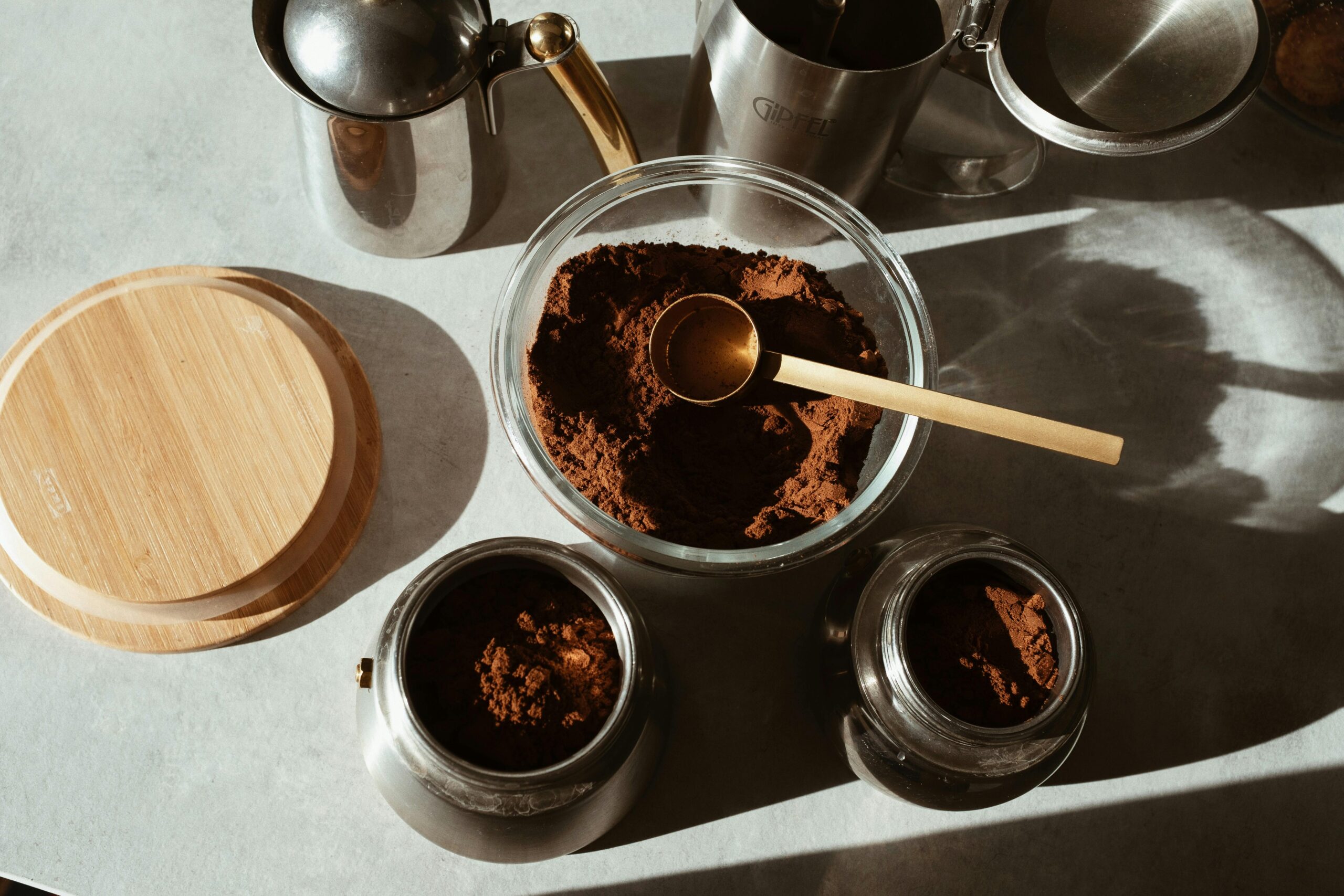
Pre-ground coffee loses its freshness much faster than whole beans, leading to a stale and bitter brew. Once coffee is ground, it begins to oxidize, and its flavors degrade quickly. This oxidation process results in a loss of the coffee’s natural aromas and an increase in bitter compounds. Grinding coffee just before brewing helps preserve its essential oils and volatile flavors, resulting in a fresher and more balanced cup. Investing in a quality grinder can make a significant difference in the taste of your coffee. Prioritizing freshly ground coffee can prevent bitterness.
Using Old Coffee Beans
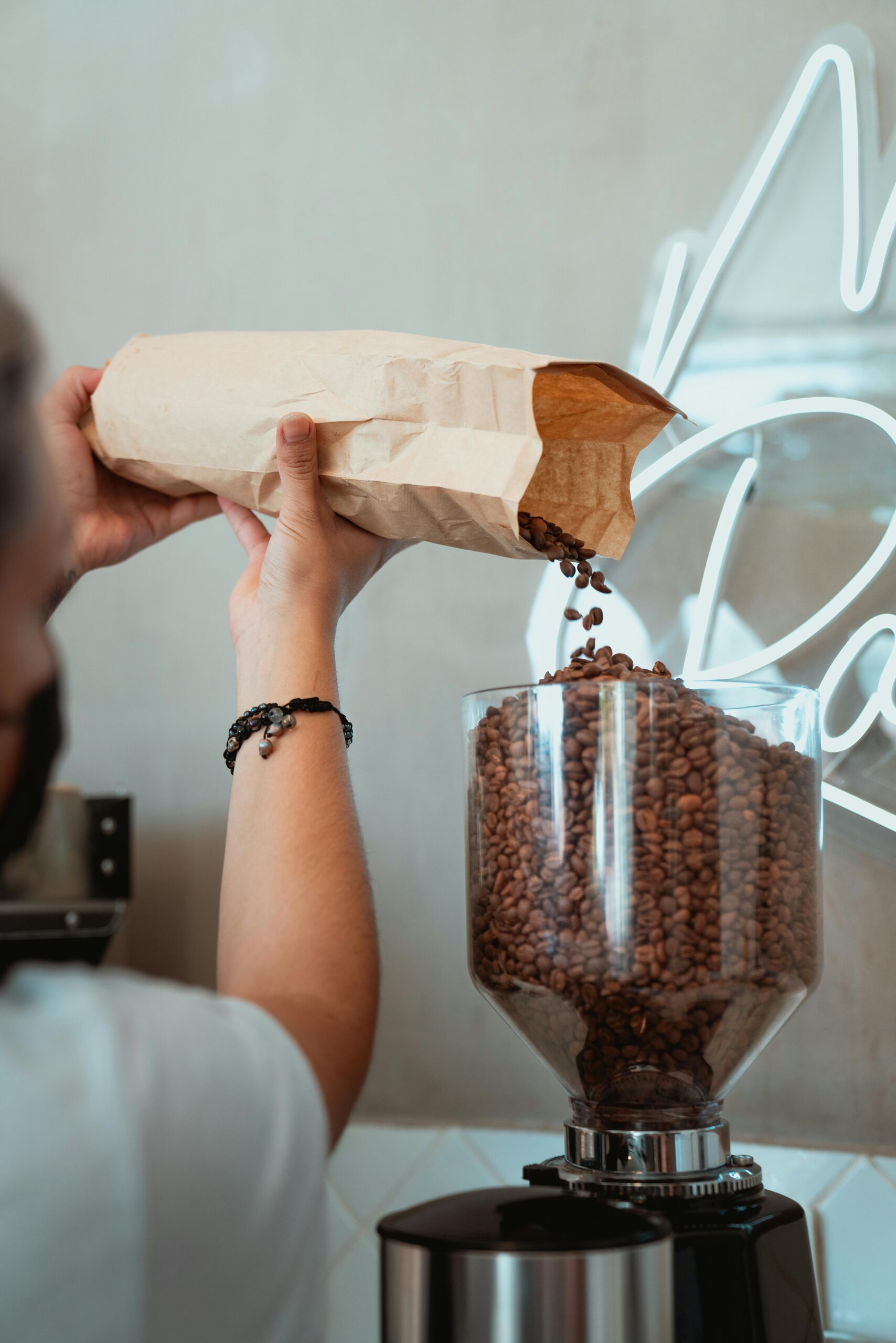
Similar to stale beans, old coffee beans that have been stored for too long lose their flavor and develop a bitter taste. Coffee is best consumed within a few weeks of roasting, as its flavors diminish over time. Storing beans in a cool, dark place in an airtight container can help extend their freshness, but eventually, even well-stored beans will degrade. If your coffee tastes bitter, check the roast date on your beans to ensure they’re not past their prime. Using beans within their optimal freshness period is crucial for a flavorful brew.
Incorrect Brewing Method
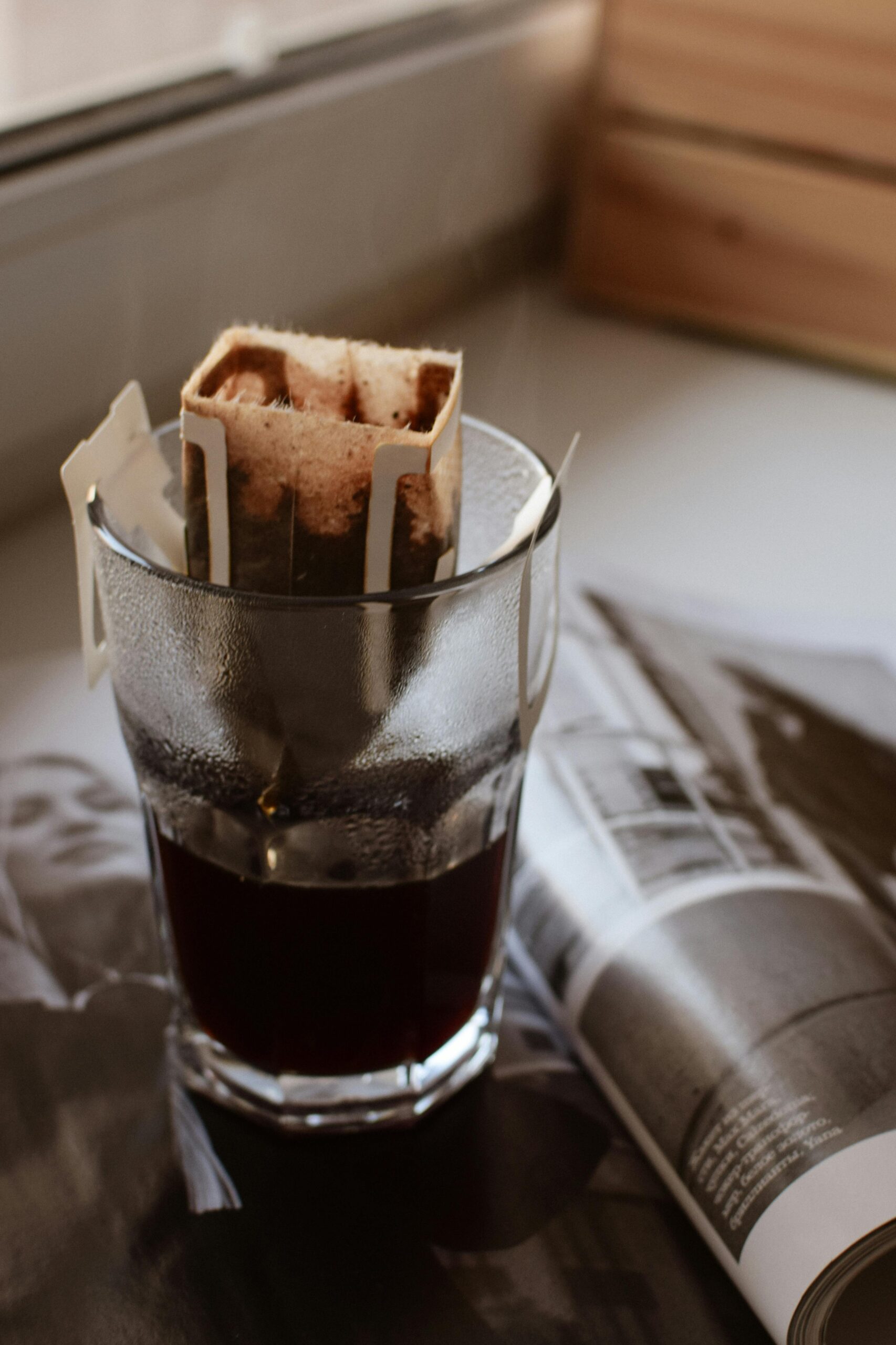
Choosing the wrong brewing method for your coffee can result in a bitter taste. Different brewing methods extract flavors in different ways, and using the wrong method can lead to over-extraction. For example, using an espresso machine for a light roast that is better suited for pour-over can result in a bitter cup. Understanding how each brewing method interacts with the coffee bean can help you select the right technique. Experimenting with various methods and matching them to the appropriate roast level can significantly improve your coffee’s flavor.
Using Cheap Coffee Beans
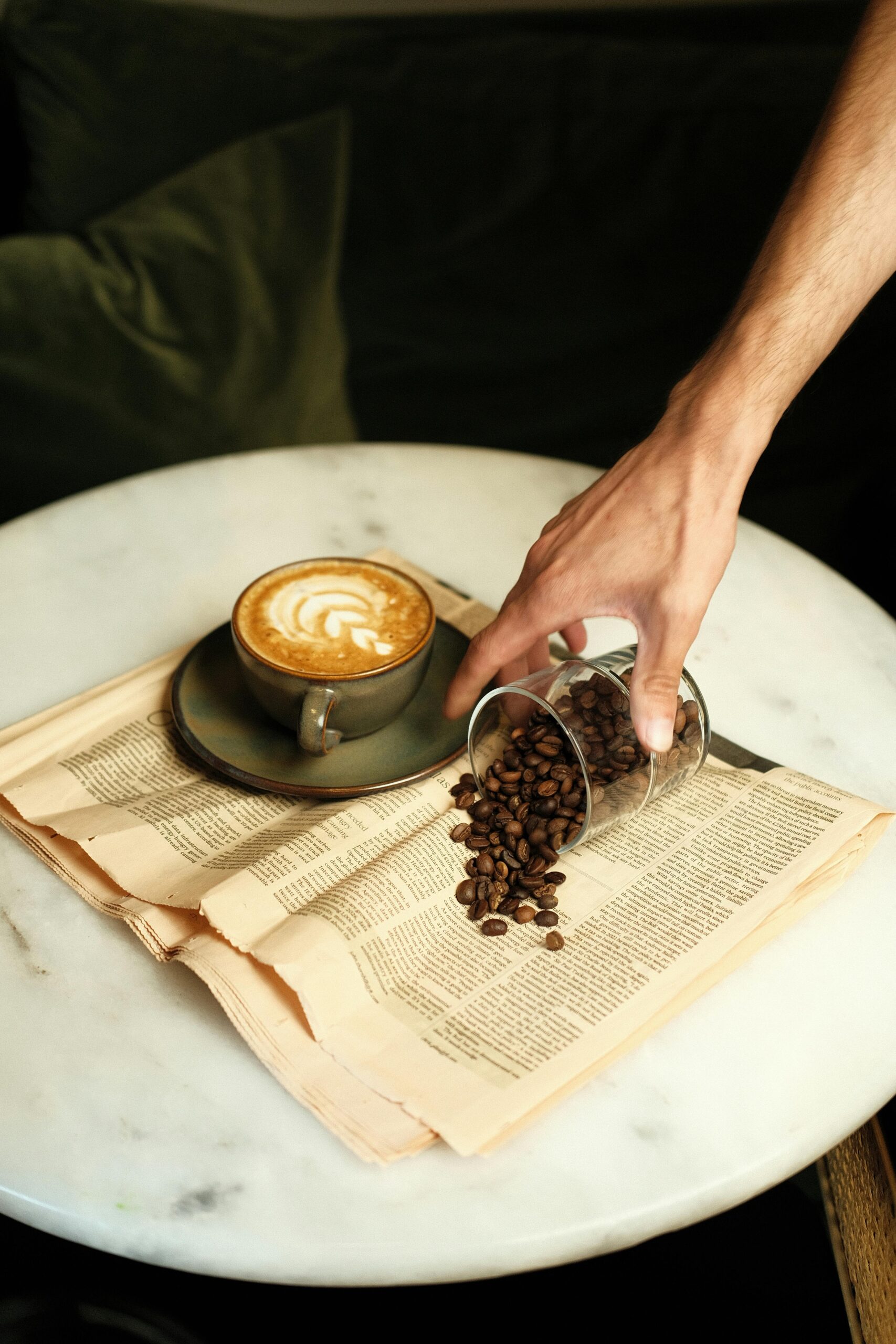
The quality of your coffee beans directly impacts the flavor of your brew. Cheap or low-quality beans often contain defects or are over-roasted, leading to a bitter taste. These beans are typically mass-produced and lack the care and precision found in higher-quality, specialty coffee. Investing in good beans from reputable sources can dramatically improve the taste of your coffee. Specialty coffee beans are usually roasted in small batches, allowing for better control over the flavor. Choosing high-quality beans is an essential step in avoiding bitterness.
Improper Storage of Coffee Beans
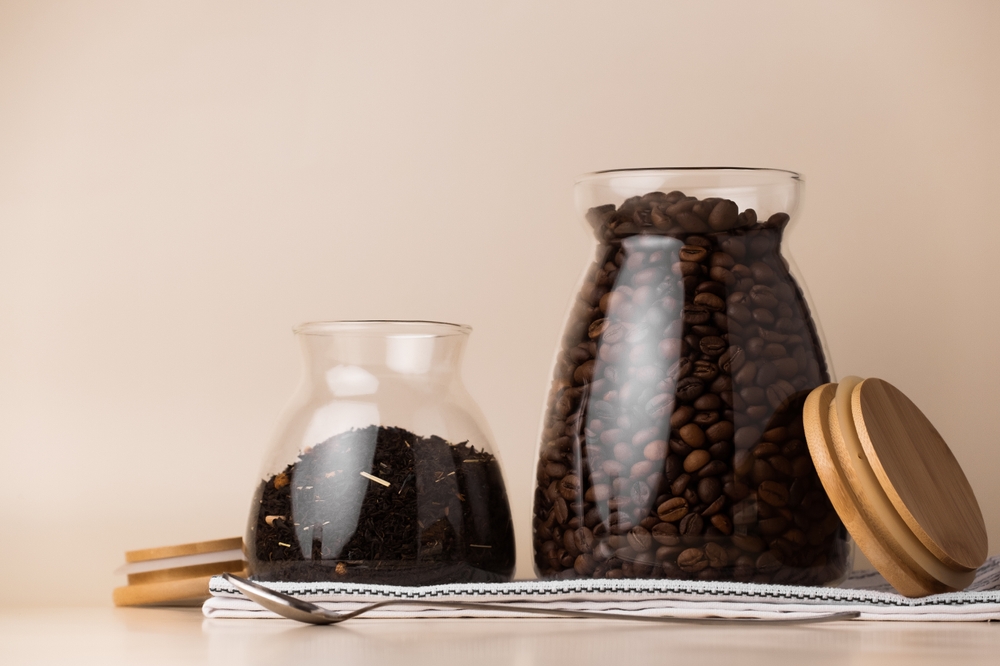
Improper storage of coffee beans can cause them to lose their flavor and become bitter. Beans exposed to air, light, or moisture can quickly degrade, leading to a stale and unpleasant taste. It’s important to store coffee beans in an airtight container, preferably made of opaque material, to protect them from light. Keep the container in a cool, dry place away from direct sunlight. Avoid storing beans in the refrigerator, as the moisture can cause them to spoil. Proper storage practices are essential to maintaining the freshness and flavor of your coffee.
Inconsistent Grinding
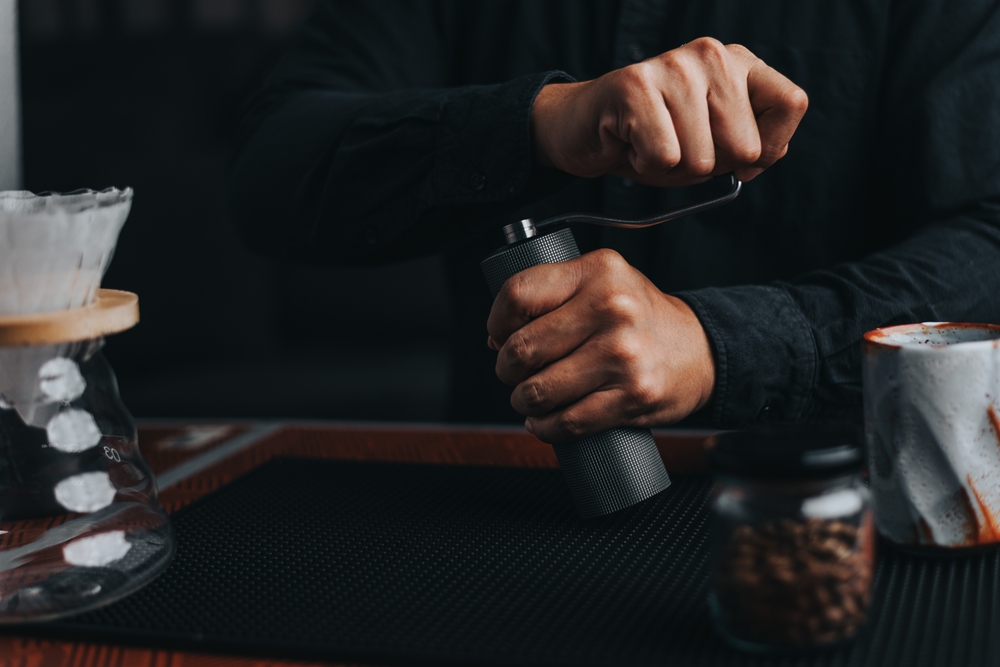
Inconsistent grinding can result in uneven extraction, where some coffee grounds are over-extracted and others are under-extracted. This inconsistency often leads to a cup of coffee that is both bitter and weak. A good quality burr grinder can help achieve a uniform grind size, which is essential for balanced flavor extraction. Blade grinders, on the other hand, tend to produce uneven particles, contributing to bitterness. Ensuring that your grind size is consistent can make a significant difference in the taste of your coffee. Uniform grinding leads to a smoother, more enjoyable cup.
Brewing with Overly Soft Water
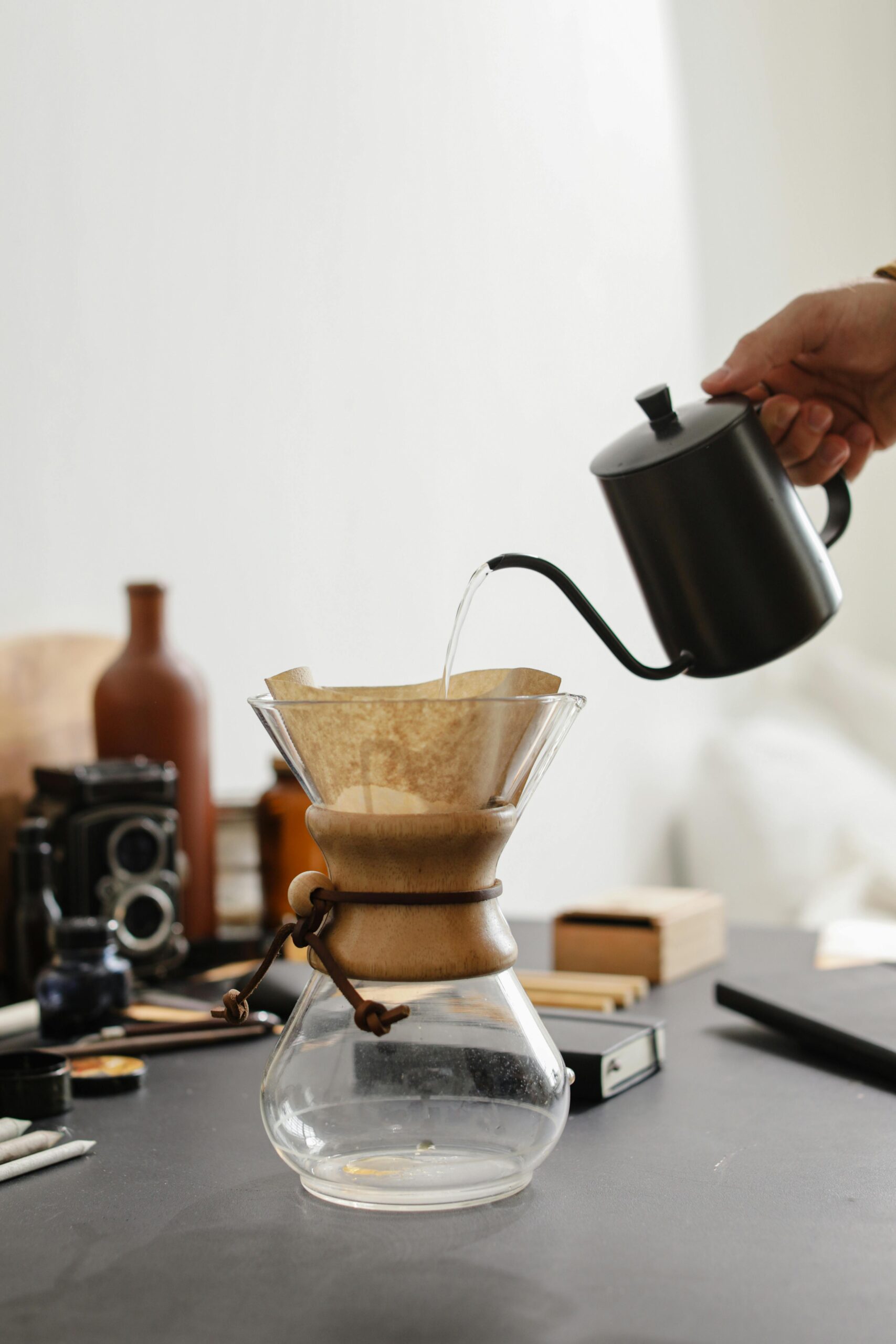
While hard water can cause bitterness due to mineral content, overly soft water can also be problematic. Soft water lacks the minerals necessary to properly extract the coffee’s flavors, leading to a flat and sometimes bitter taste. The absence of calcium and magnesium, which are crucial for balancing acidity and bitterness, can result in an unsatisfactory brew. Adjusting the mineral content of the water you use or opting for a balanced water source can help improve the coffee’s flavor. Water that is too soft can be just as detrimental as water that is too hard.
This article originally appeared on RetailShout.
More From RetailShout
15 Smart Dollar Tree Storage Ideas for Small Spaces
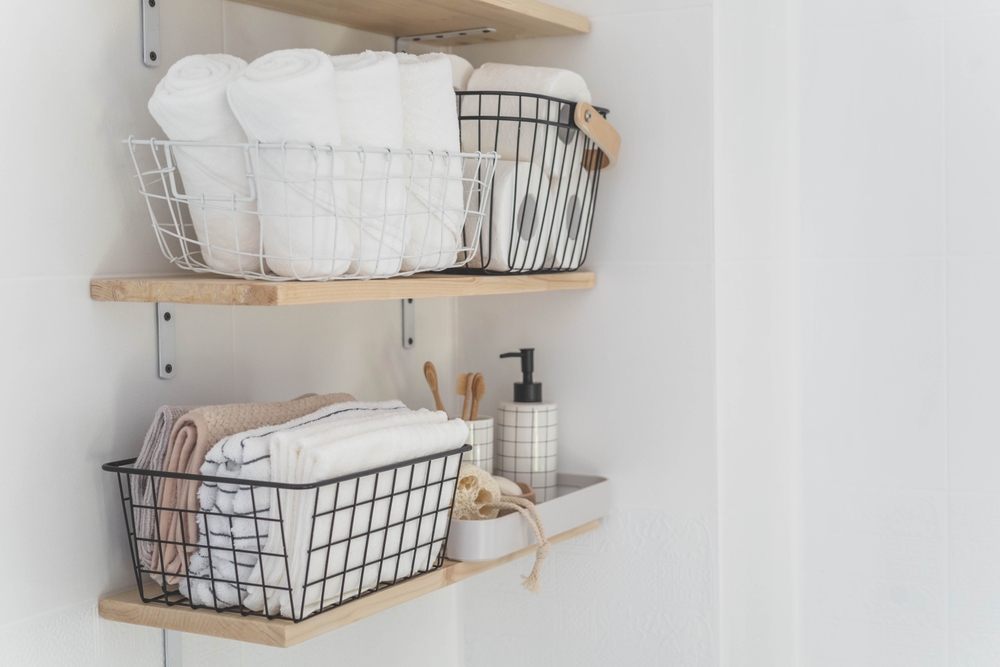
Organizing a small space doesn’t have to be stressful or expensive. With a trip to Dollar Tree, you can find tons of affordable items that can transform cluttered areas into organized, functional spaces. These smart ideas not only save space but also keep everything in easy reach, making your home feel more spacious and tidy. Read More.
13 Aldi Meat Products, Ranked
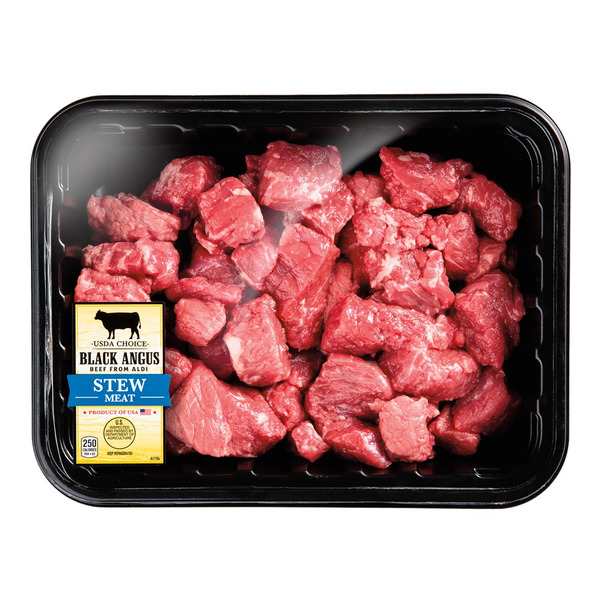
Aldi has a great reputation for offering quality products at affordable prices, and their meat selection is no exception. From chicken to beef, you can find a variety of cuts that suit every meal. Read More.
13 Must-Have Hearth and Hand Holiday Decor from Target

The holidays are all about creating special moments, and your home’s decor plays a big part in setting the mood. Target’s Hearth & Hand collection by Magnolia offers stunning holiday decor that’s both stylish and affordable. Read More.

